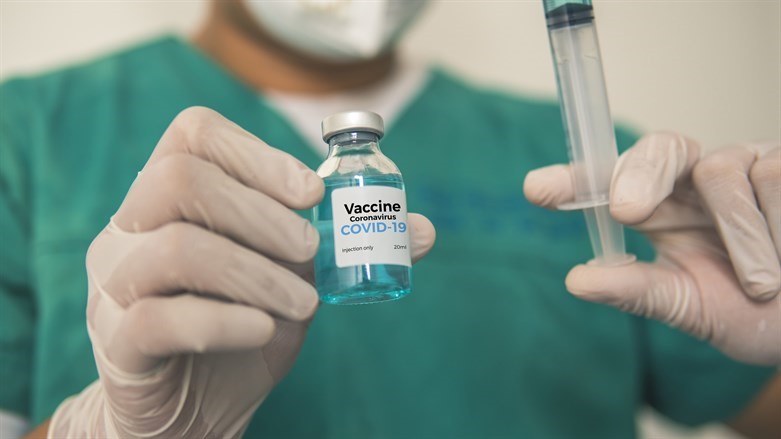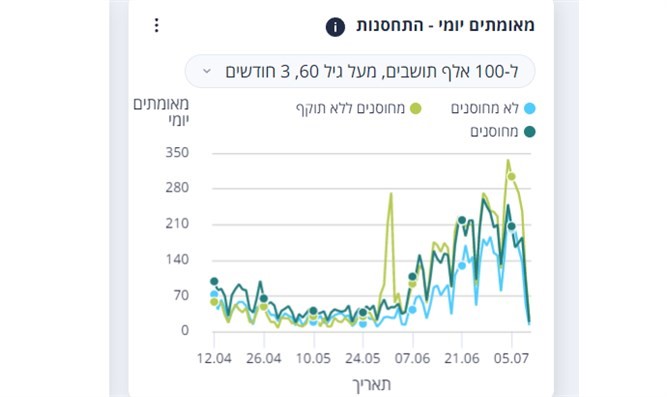
New England Journal of Medicine (NEJM)
* https://www.nejm.org/doi/full/10.1056/NEJMc2202092
New study: COVID booster significantly delays end of the infection
31% boosted people still contagious 10 days post-infection vs. 6% unvaccinated.
Commentaries by Robert Gorter, MD, PhD.
Jul 10, 2022

New England Journal of Medicine (NEJM)
A new study published in the New England Journal of Medicine (NEJM)* has demonstrated that people who are triple-vaccinated (boosted) against COVID recover significantly more slowly from COVID infection and remain contagious for much longer than people who are not vaccinated at all. Also, they become more vulnerable to many more common (airborne) viruses.
The study did not deal with the severity of illness with or without a vaccine.
Researchers swabbed infected people and cultured the swabs, repeating the process for over two weeks until viral replication was not observed.
At five days post-infection, less than 25 percent of unvaccinated people were still contagious, whereas around 70 percent of boosted people were still carrying viable virus particles. For those partially vaccinated, around 50 percent were still contagious at this point.
Even more strikingly, at ten days post-infection, one-third of boosted people (31 percent) were found to still be carrying the live, culturable viruses. By contrast, just six percent of unvaccinated people were still contagious on day 10.
In other words, people who have received a booster shot are five times more likely still to be contagious at ten days post-infection than are unvaccinated people.
The findings go a long way to explaining why Paxlovid, Pfizer’s anti-viral medication, is often not effective for people who have been vaccinated against COVID-19, with many experiencing a recurrence of symptoms along with a positive COVID-19 test after completing the five-day regimen (as recently occurred with quadruple-vaccinated Dr. Anthony Fauci). This phenomenon is known as COVID rebound.
Meanwhile, Israeli Health Ministry data shows that in the older population (those over the age of 60), having submitted to more COVID-19 shots often correlates to a greater likelihood of becoming infected (again) with COVID-19.

Impact of vaccination on infection rates
The blue line represents the unvaccinated; light green is the partially vaccinated; dark green is those who have received a booster shot within the past six months.
Related articles:
New England Journal of Medicine (NEJM)
* https://www.nejm.org/doi/full/10.1056/NEJMc2202092